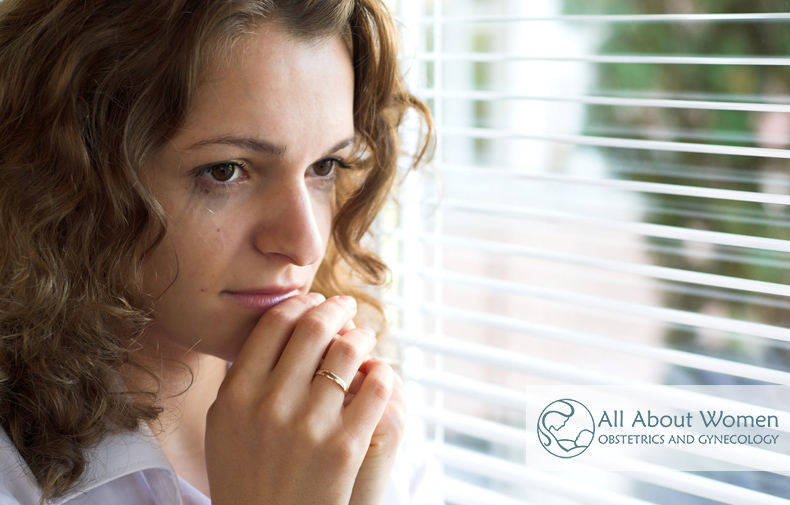
Women are approximately twice as likely to develop some type of anxiety disorder than men. According to the Anxiety and Depression Association of America (ADAA), anxiety is also one of the top mental disorders in the U.S., with about 264 million sufferers nationwide.
Because anxiety is such a pervasive problem (especially among women), a coalition called the Women’s Preventative Services Initiative (WPSI) recently suggested that girls as young as 13 should get screened for anxiety disorders. Screening at an earlier age may allow for earlier intervention and better treatment.
Many times hormone changes and hormonal imbalances are to blame for anxiety. That fact puts girls who are going through puberty, women who are pregnant, women who have just had a baby and women going through menopause all at a high risk of developing an anxiety disorder.
Signs and symptoms of an anxiety disorder
Anxiety disorders can be very serious and very debilitating, so it’s important to know what to look for both for yourself and loved ones around you. If you do notice these signs of anxiety, don’t wait to seek professional help.
Here are the most common signs of anxiety to watch for in women and teenage girls.
1. Constant and excessive worry
When someone is dealing with “excessive” worry, the worry interferes with daily life and makes it difficult to focus on anything else. Excessive worry is usually constant or at least occurs more often than not. It’s also usually not equal to the situation that sets it off (i.e. a spouse doesn’t arrive home when they’re supposed to and you are consumed with worry over whether they’ve died).
2. Insomnia or trouble sleeping
Stress and anxiety almost always affect sleep before most anything else. If you or your teenage girl struggles with falling asleep or waking multiple times in the night, this may be due to anxiety. Those with diagnosed insomnia also tend to have an anxiety disorder. Usually when one is treated, the other begins to improve. Good sleep is extremely important for both physical and mental health.
3. Irritability
According to a recent study, about 90 percent of adults with anxiety disorders said they’ve experienced moments of excessive irritability. This was especially true the higher their level of anxiety.
4. Lack of social interactions
Women and teenage girls that struggle with high anxiety also tend to avoid interacting with peers, especially in larger group settings like parties. They often worry about being judged for their appearance or spend the whole time comparing themselves to others, so they just opt to stay home.
5. Rapid heartbeat or feeling of agitation
Another common symptom of anxiety is feeling like your heart is beating out of your chest. Women can often feel like they can’t sit still or generally feel restless or agitated. Restlessness is one of the top symptoms of anxiety among teens.
6. Panic attacks
When anxiety spirals out of control, it can bring on a panic attack. People often mistake a panic attack for a heart attack because you often feel chest tightness and shortness of breath. Panic attacks can also cause nausea, shaking and sweating.
If you or a loved one is struggling with anxiety, the worst thing you can do is try to push it aside. Make sure you talk to your doctor right away and keep up with your yearly well-woman exams. Early detection and treatment can make a big difference and help you get your life back.


